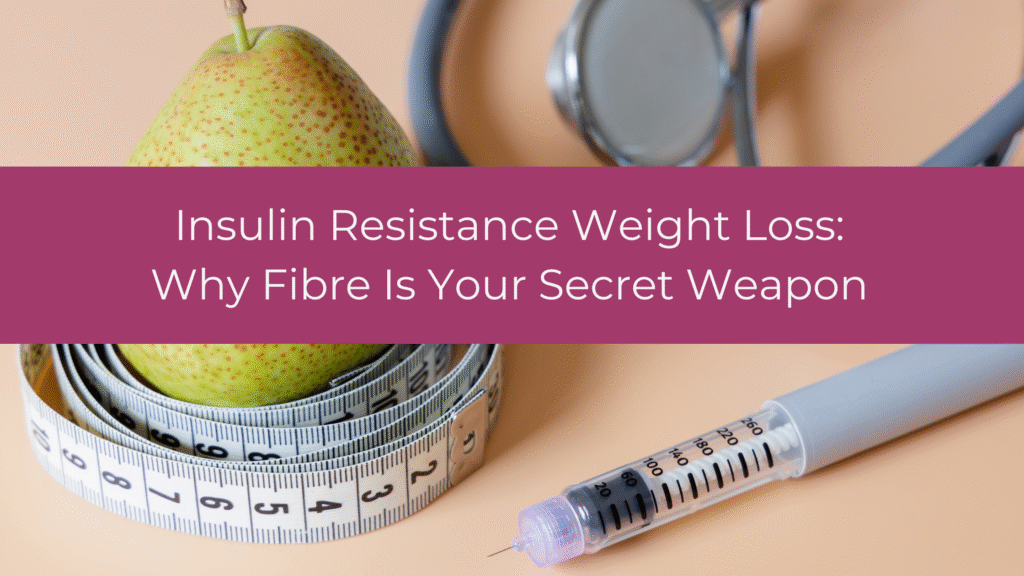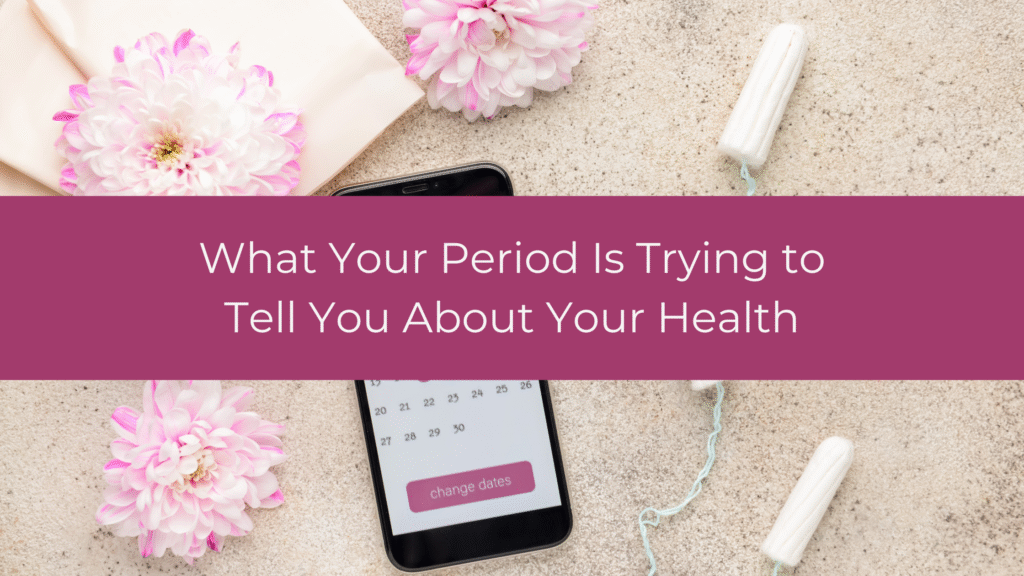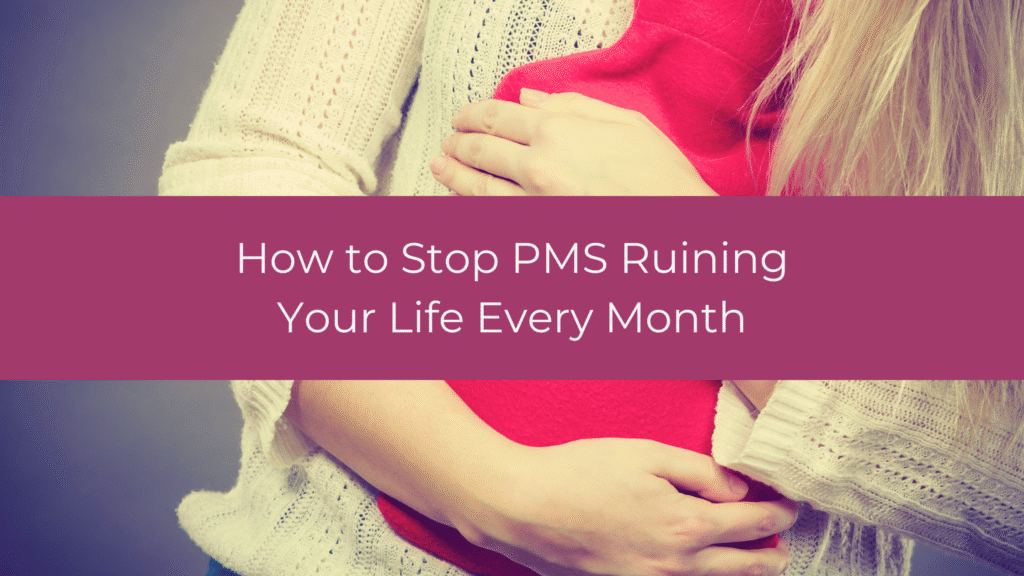What Your Period Is Trying To Tell You About Your Health
What if your monthly cycle was more than just a biological inconvenience? Imagine understanding your body’s unique language, decoding signals that could reveal crucial insights about your overall health. Ready to become fluent in your body’s communication?
Every month, your body sends a complex report about your health. But most of us are too busy to listen, dismissing our periods as just another disruption to our packed schedules. During my yacht crew days, I learned that understanding your cycle isn’t just about managing inconvenience, it’s about optimising your entire life. Curious about a personalised approach? Let’s explore your menstrual health together.
Understanding Your Period as a Health Indicator
Your menstrual cycle is like an intricate dashboard, constantly providing information about your overall health. It’s not just about bleeding, it’s a complex communication system that can signal everything from hormonal balance to potential underlying health conditions.
Think of your period as a monthly report card for your body. Each characteristic, color, flow, timing, and accompanying symptoms, tells a story about what’s happening beneath the surface.
Decoding Period Blood Color
Period blood isn’t just red. The color and consistency can reveal significant health insights:
Bright red blood typically indicates fresh, healthy menstrual flow. This is what you want to see: consistent, bright red blood that flows steadily.
Dark red or brown blood might suggest older blood that’s been in the uterus longer. While sometimes normal, persistent dark blood could indicate hormonal imbalances or slower flow.
Pink blood can signal low oestrogen levels or potential nutritional deficiencies. If you’re consistently seeing pink, it might be time to review your diet and hormone balance.
Decoding your period signals can feel complicated. Book a free call and I’ll help you understand what your body is communicating.
Understanding Flow Patterns
Your menstrual flow isn’t just about volume, it’s about consistency and what that might mean for your health.
Light periods might indicate low body weight, over-exercising, stress, or potential hormonal imbalances. If your periods are consistently light, it’s worth investigating.
Heavy periods could signal conditions like fibroids, endometriosis, or hormonal disruptions. Soaking through a pad or tampon every hour is a sign to consult a healthcare professional.
Irregular periods, especially when they suddenly change, can be your body’s way of signalling stress, significant lifestyle changes, or potential health issues.
Pain Signals and What They Mean
Menstrual pain isn’t just something to endure, it’s information. Different types of pain can indicate different health scenarios:
Mild, manageable cramps are typically normal. They’re your uterus contracting to shed its lining.
Severe, debilitating pain could indicate conditions like endometriosis, adenomyosis, or significant hormonal imbalances. Pain that interrupts your daily life isn’t something to ignore.
Sudden changes in pain intensity or location warrant professional investigation. Your body is trying to tell you something.
Timing and Cycle Length
A typical menstrual cycle ranges from 21 to 35 days. But ‘typical’ doesn’t mean ‘universal’. Your unique cycle is just that, unique.
Consistently short cycles (less than 21 days) might indicate low ovarian reserve or potential perimenopause.
Consistently long cycles (more than 35 days) could suggest conditions like polycystic ovary syndrome (PCOS) or thyroid issues.
When to See a Doctor
Not all period variations require immediate medical intervention. But some definitely do:
Seek medical advice if you experience:
– Periods lasting more than 7 days
– Bleeding between periods
– Extremely heavy flow
– Severe, unmanageable pain
– Sudden changes in your typical cycle
Ready to Transform Your Period Health?
Ready to truly understand what your body is telling you? Book your free 30-minute consultation and let’s decode your menstrual health together.
Your period isn’t a monthly inconvenience. It’s a powerful communication tool. Let’s learn to listen.
Disclaimer: This article is for informational purposes only and is not intended as medical advice. Always consult with a healthcare professional before making significant changes to your diet or health routine.






